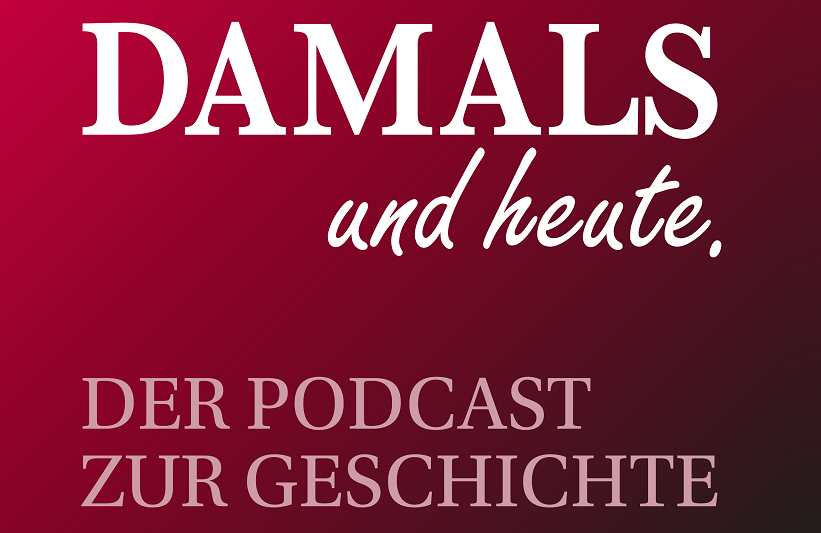
On the night of April 25th to 26th, 1986, something happened that should never happen with the use of nuclear energy: a reactor block exploded in the Chernobyl nuclear power plant. The worst-case scenario had serious consequences.
Everything had started with a test that had already been postponed several times: By deliberately bringing about a GAU (ie a “greatest assumed accident”, which can still be controlled), it should be checked whether the coolant pumps of reactor block 4 would continue to run for one minute in such a situation . When problems arose during this test – the reactor had accidentally shut down much too much – the shift supervisor made a fatal decision against the objection of the engineer responsible for the test: Instead of aborting the test, he had the reactor restarted in order to then start the GAU simulation again.
When the coolant became too hot during start-up, the reactor should be shut down again. Due to a technical defect, however, the control rods got stuck in the reactor core so unhappily that nuclear fission increased instead of being throttled. The entire system overheated, the block exploded.
Two workers died in the explosion, many employees of the nuclear power plant as well as numerous workers and pilots assigned to clear and seal the radiant ruins were supposed to follow them to their deaths in the following weeks and months – irradiated in the shortest possible time and later died in agony. A radioactive cloud spread over the atmosphere around the world.
The responsible authorities, both regionally and the decision-makers in Moscow, initially kept the disaster secret and only communicated the bare minimum when measurements in the West showed that there must have been a nuclear accident. Thousands of people in the region had to leave the city of Pripyat near Chernobyl – they have not returned to their homeland to this day
The consequences were felt all over the world, not least in Europe: vegetables, mushrooms and game raised in the open fields were initially inedible, milk from grazing cows could not be drunk, and the sand had to be replaced in children’s playgrounds. And the discussion about the peaceful use of nuclear power flared up violently.
And here is the podcast: